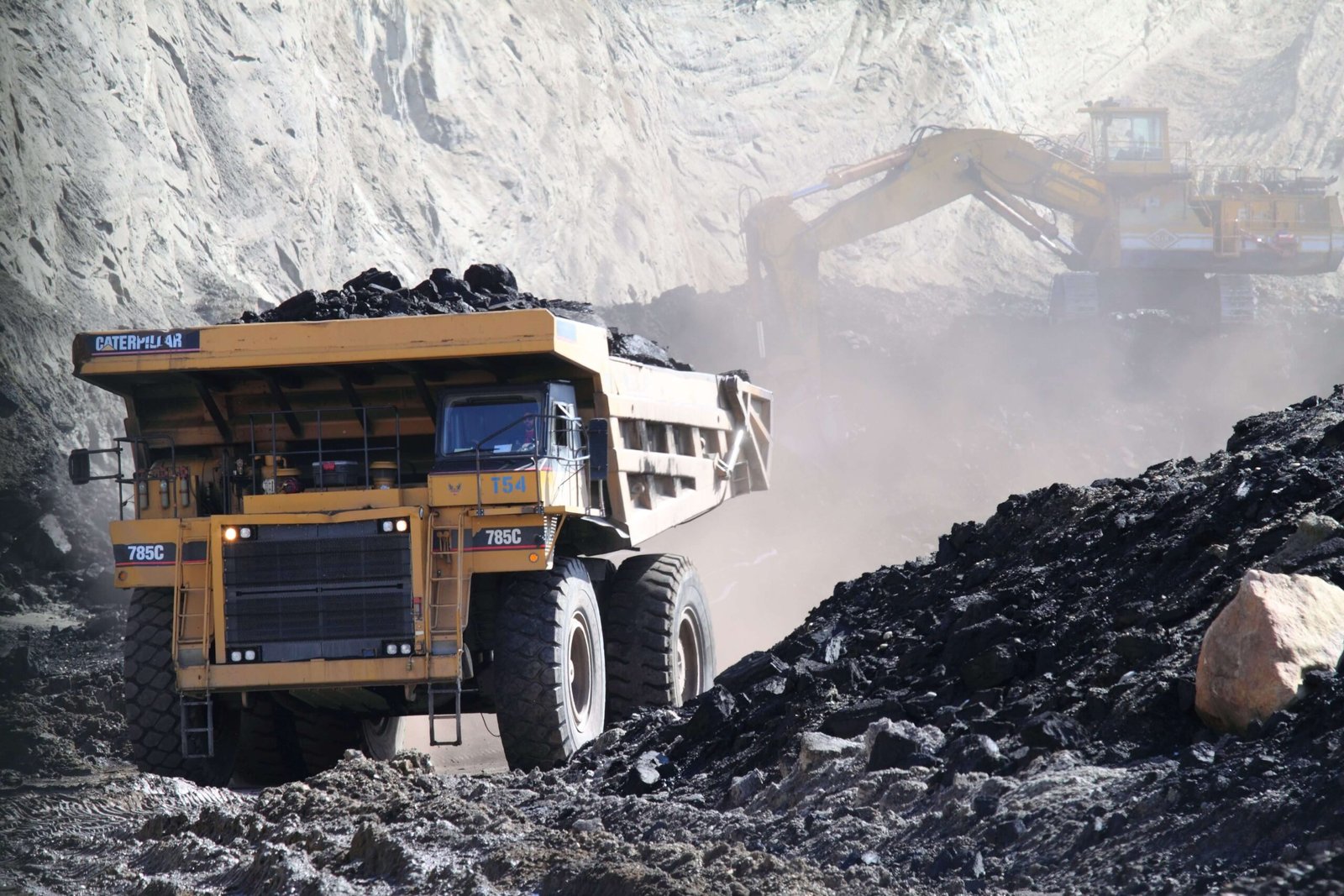EU’s Sustainable Supply of Critical Minerals Amid Environmental and Human Rights Concerns

Context of Global Mineral Supply
Glencore's mining operations in Peru have highlighted the environmental and human rights issues inherent in the mining industry. With copper and other critical minerals in high demand for green technology, the focus shifts to major mining and refining countries like China. Europe's dependency on single-country supplies, particularly in light of the Ukraine war, raises concerns.
EU's Strategic Response
European Commission President Ursula von der Leyen announced the Critical Raw Materials Act, alongside the proposed Net-Zero Industry Act, as a response to the US Inflation Reduction Act. These aim to reduce the EU’s dependency on external supplies by boosting domestic production of critical minerals.
Mining Industry's Role in Green Transition
The mining industry, identified as high-risk for human rights by the UN, is crucial for the energy transition. However, European leaders face a dilemma between securing raw material access and adhering to human rights and environmental standards.
UN's Focus on Sustainable Extraction
At COP28, UN Secretary-General António Guterres emphasized sustainable and fair extraction of critical minerals. The creation of a panel to draft voluntary guidelines for extractive industries and the Minerals Security Partnership's effort to improve ESG standards across the minerals sector are significant steps.
Challenges in Ensuring Sustainability
While the EU’s Critical Raw Materials Act seeks beneficial partnerships with resource-rich countries, there is a risk of reverting to exploitative practices. Private certification systems, intended to monitor compliance, have had shortcomings in ensuring environmental and human rights protections in the past.
EU's Need for Effective Tools
The EU’s proposed Supply Chain Due Diligence Directive, which extends to financial firms, is crucial. Active participation in negotiations for a UN Binding Treaty on Business and Human Rights could prevent damages by multinationals, as seen in Espinar.
Rethinking Material Demand and Consumption
The EU must reassess its demand drivers for materials like copper and iron. Promoting energy-efficient transportation, smaller vehicles and batteries, and a circular economy can help reduce consumption. The OECD notes that seven metals are responsible for 7% of global greenhouse-gas emissions.





